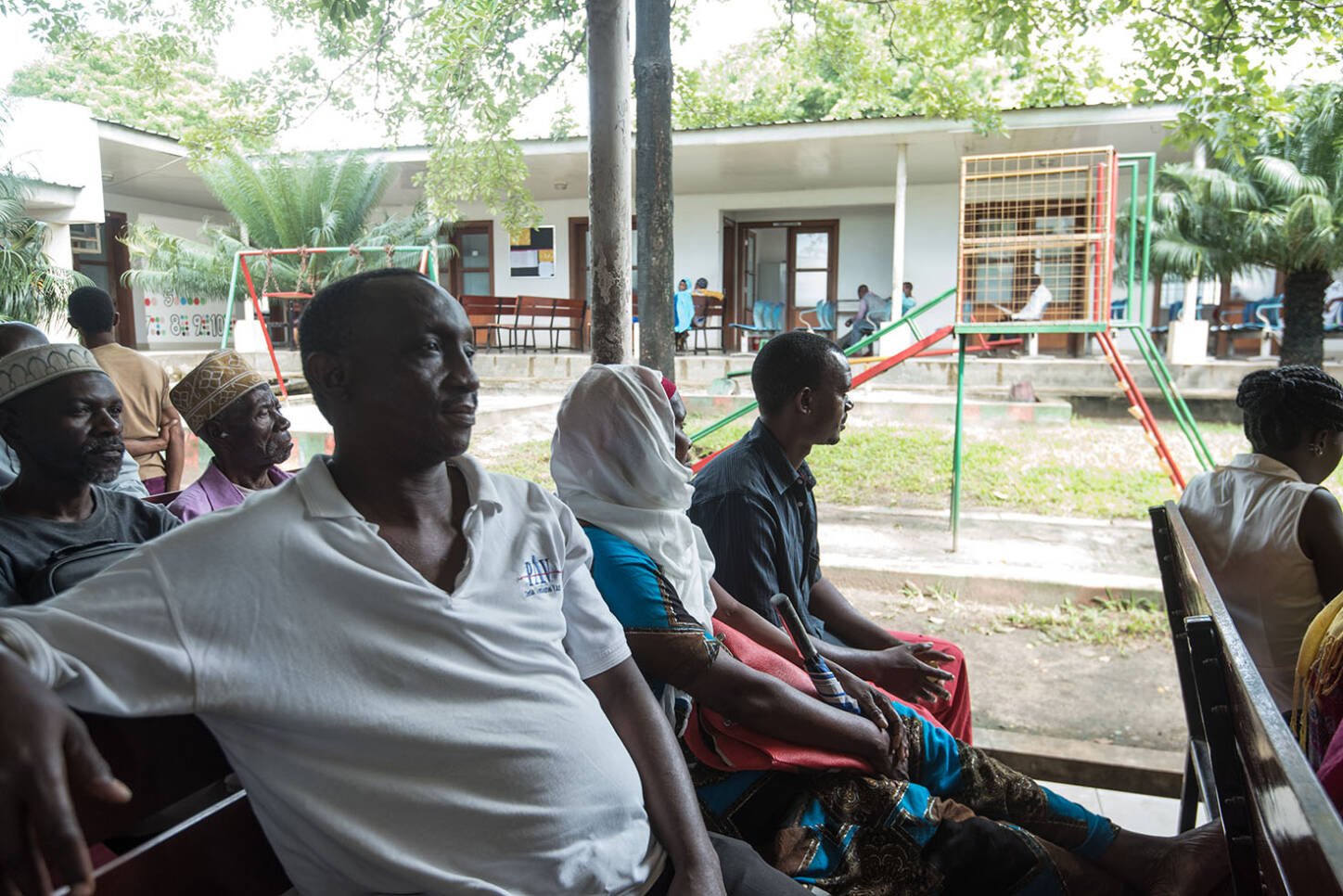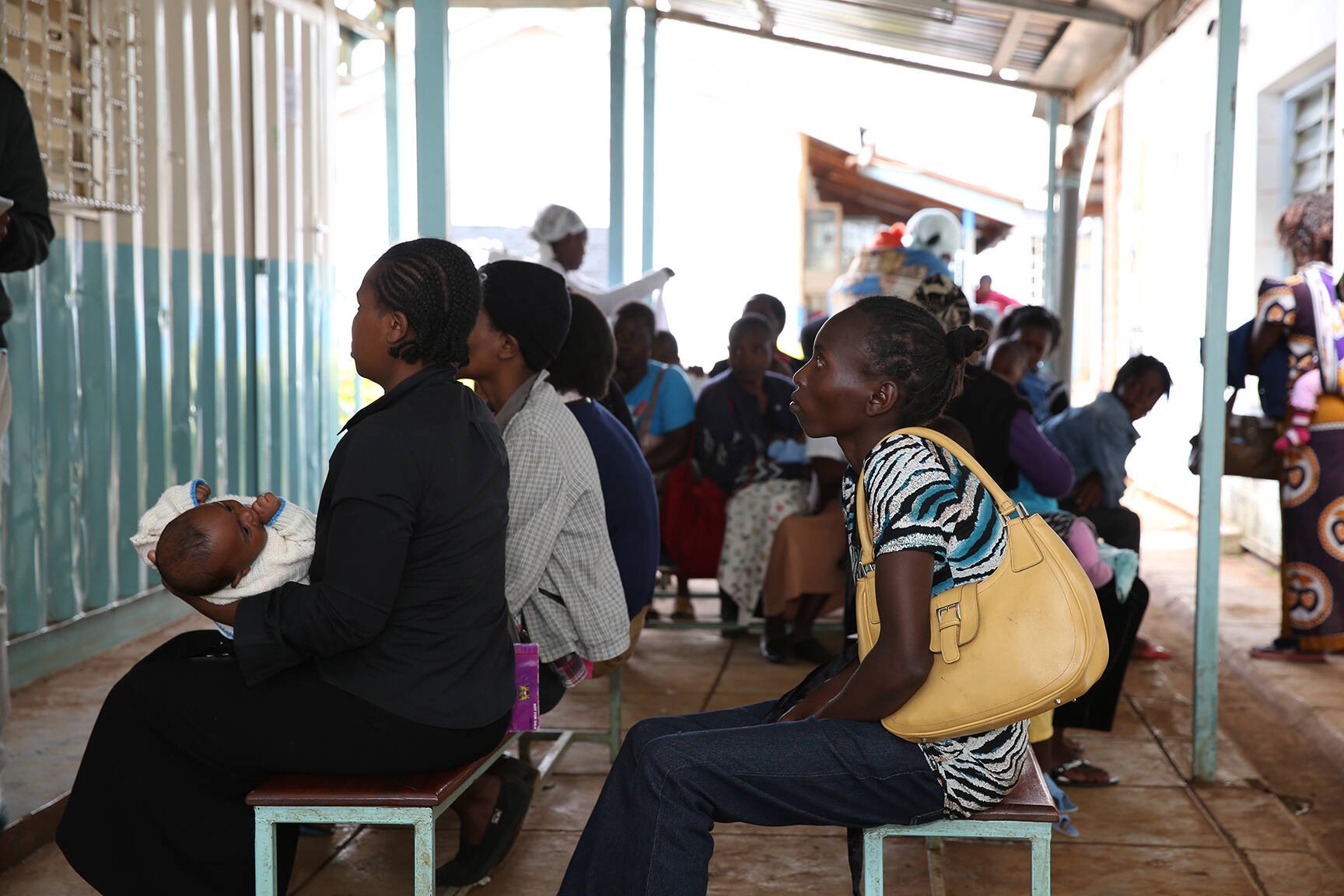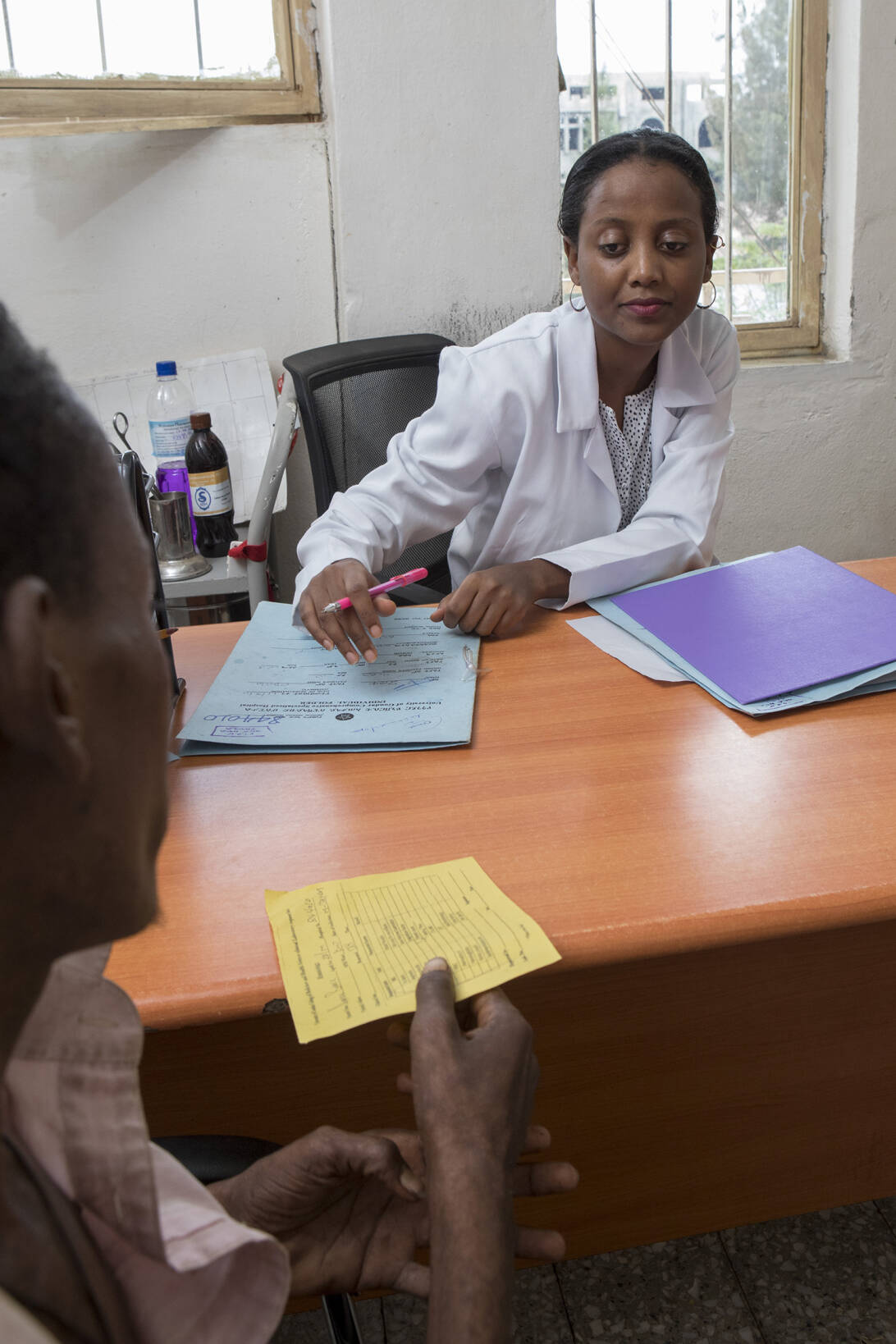
SNECFA: The Strengthening National Ethics Committees in West and Francophone Africa (SNECFA) project concluded with a final workshop in Cameroon in October 2024. The project organised training on health research ethics in Cameroon, Chad, Mali and Niger, and helped Chad, Mali and Niger develop standard operating procedures for review of research protocols in emergency and routine situations.
The project also catalysed the creation of stronger ties across the participating countries, facilitating the sharing of experiences. All the countries began contributing information to the Clinical Trials Community Online platform.

scroll down
Research ethics committees have been established and strengthened in multiple countries in sub-Saharan Africa, as part of efforts to create an enabling environment for clinical research while safeguarding participants’ interests.

BoCTRe: The Botswana Clinical Trials Regulation (BoCTRe) project has focused on establishing and strengthening RECs within Botswana.
The project helped to establish two institutional review board offices, for Ngamiland District at Letsholathebe Primary Hospital and for Mahalapye District at Mahalapye Primary Hospital. As well as training on research ethics and governance, the project also provided support to establish functioning administrative centres at the two sites.
ZERCaP: The Zimbabwe Ethics and Regulatory Capacity Project (ZERCaP) set out to strengthen the capabilities of the Medical Research Council of Zimbabwe (MRCZ) and its associated RECs. In particular, it focused on establishing and building capacity at RECs at three institutions – the University of Zimbabwe and Parirenyatwa Group of Hospitals, Africa University, and Bindura University of Science Education.
Following an initial benchmarking of these RECs, the project delivered a programme of activities including training of REC members, providing them with opportunities to attend meetings of the MRCZ’s National Ethics Committee, enabling remote participation in international meetings, and in-person visits and assessments by MRCZ personnel.
The three RECs were re-evaluated and found to have significantly developed their capabilities. They received letters of recognition from the National Ethics Committee confirming their status as centres of excellence and have begun to contribute to protocol review and acceptance.
Oversight of clinical research relies upon the effective functioning of national and institutional research ethics committees (RECs) and national regulatory authorities (NRAs). EDCTP2 has awarded multiple grants to support the strengthening of ethics review and regulatory capacity in sub-Saharan African countries. Several projects achieved significant steps forward in 2024.
Strengthening ethics review and regulatory capacity